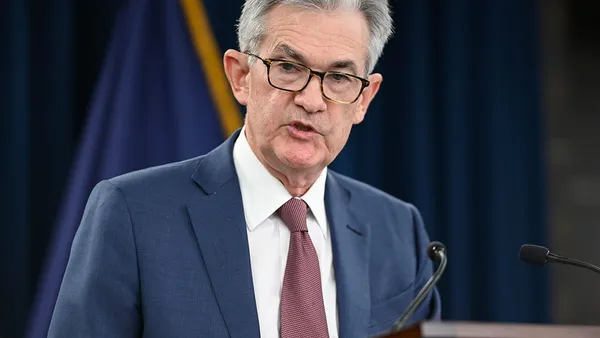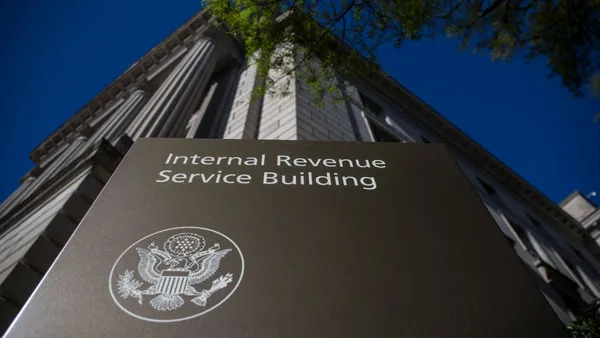When World Omni Financial earlier this month launched a $926.5 million securitization backed by a pool of car leases, it included a cushion for investors against risk. The cushion was new; the securitization was originally scheduled for launch the previous month but because of a sharp rise in Treasury yields, the company pulled back so it could restructure the terms.
“The sharp rise in benchmark rates made the securitization structure inefficient,” Eric Gebhard, a vice president of finance and treasurer at JM Family Enterprises, World Omni’s parent company, told The Wall Street Journal.
Although the company moved forward with its debt issuance a few weeks later, many companies are staying out of the market.
Data compiled by the Securities Industry and Financial Markets Association shows a 45% drop in asset-backed securitization in the first quarter of this year compared to the same period last year, to $79.4 billion, the Journal reported.
Although there are a number of reasons for the drop, including consumers seeking fewer loans as confidence declines, the main reason appears to be on the investor side. Concerned about the war in Ukraine, rising interest rates and other troubling trends, investors want higher returns than companies can comfortably afford.
“Winds are changing,” Adam August, a vice president at investment firm TCW Group Inc., told the Journal, which reported on the drop in securitizations this week.
Macro-level risks
Investors are seeking more for the securities – like the cushion that World Omni added in – because issuances are happening against growing macro-level risks. Among other things, investors see a rise in late payments on some types of consumer loans, the Journal reported.
“Right now the investor base is a bit shallow,” said Richard Bianchi, a managing director at ratings firm DBRS Morningstar. “There’s not as much money chasing the deals,”
To attract investors, spreads are widening. On three-year, triple-A-rated bonds backed by auto loans with prime credit scores, spreads increased by 0.33 percentage point between Feb. 3 and April 7, the Journal reported based on JPMorgan Chase data. Over the same period, spreads on three-year triple-B bonds backed by subprime auto loans rose 0.50 percentage point, the Journal said.
Affirm Holdings, a buy-now, pay-later fintech lender, backed off a $500 million deal last month after it couldn't get the pricing it wanted.
“There’s no question risk is being re-priced,” Brooke Major-Reid, Affirm’s chief capital officer, told the Journal.
Major-Reid said demand for the company’s loans remains strong, so it intends to go back to market with a deal. But that will only be when it’s opportunistic to do so, she told the Journal.














